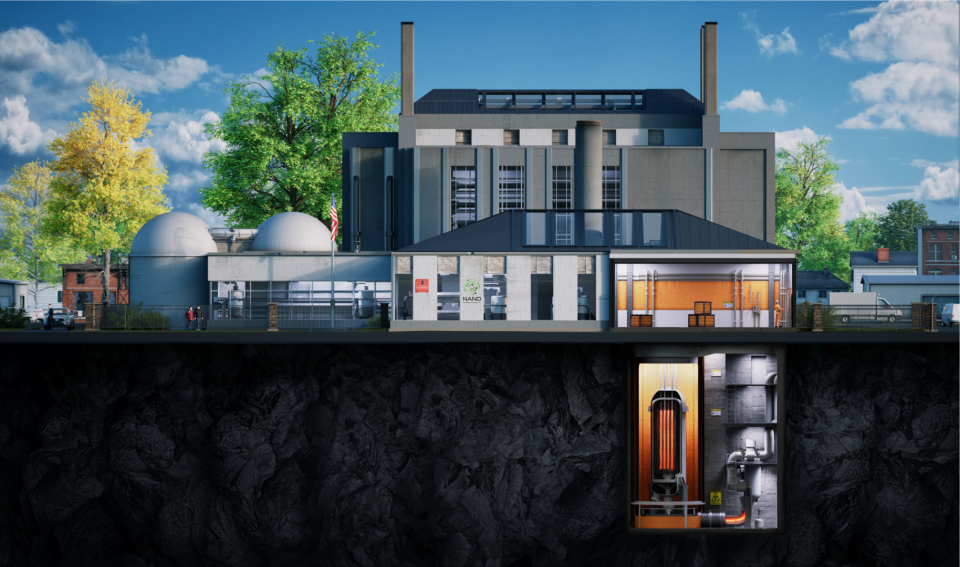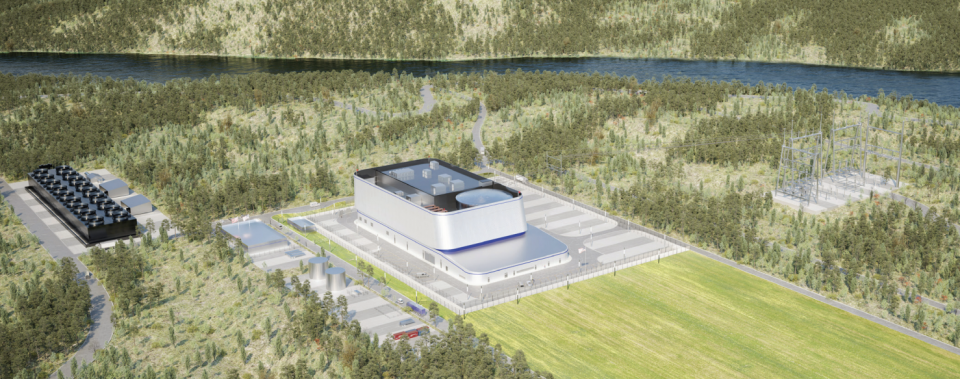Bipartisan support launches pronuclear bill from Congress
A bipartisan group of lawmakers passed legislation from the U.S. House of Representatives this week in support of nuclear energy production.
H. R. 6544 emerged from the chamber following a 365–36 vote. The legislation would speed up environmental reviews for new nuclear projects and reduce fees for advanced nuclear reactor licenses. It would also update the Price-Anderson Act, which limits the industry’s legal liability for nuclear accidents, by extending it for 40 years as well as increasing the indemnity coverage—changes advocated for by the American Nuclear Society in recent position statement updates.







